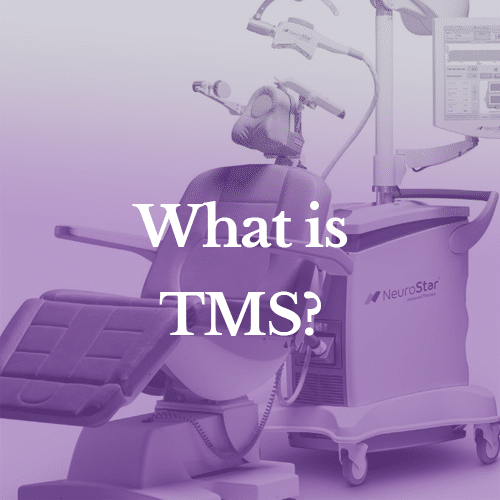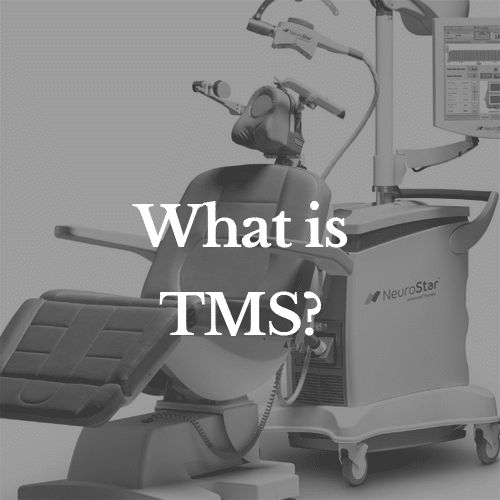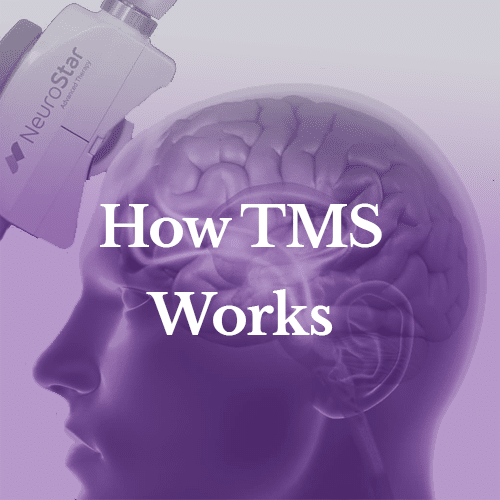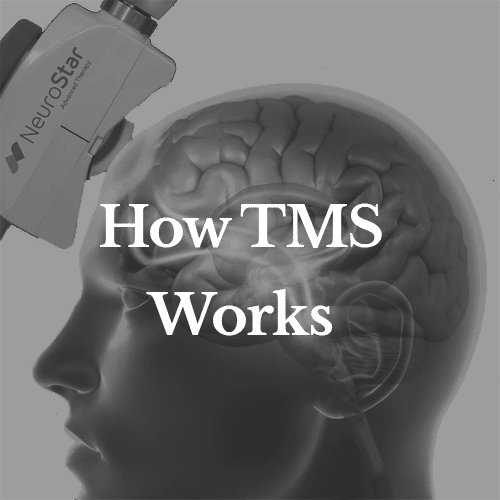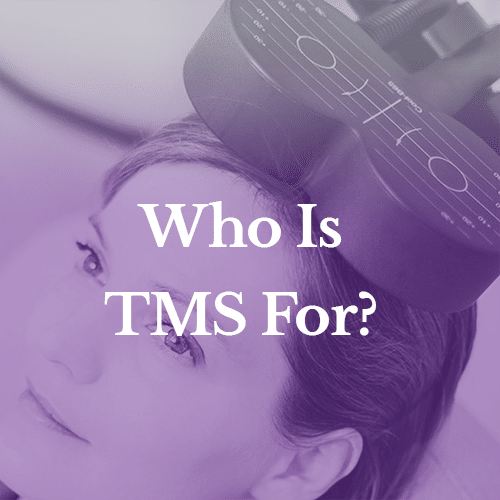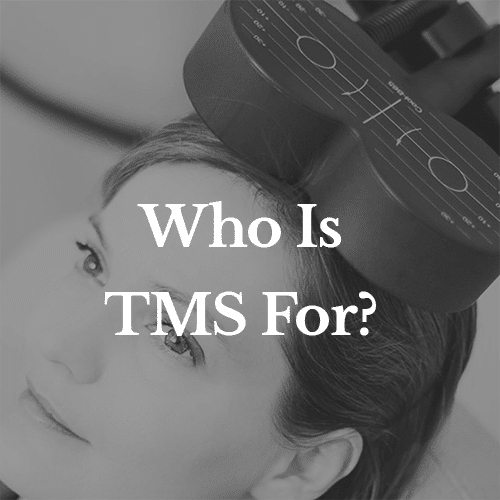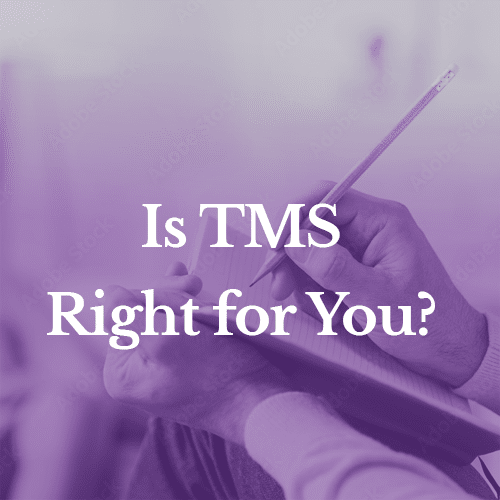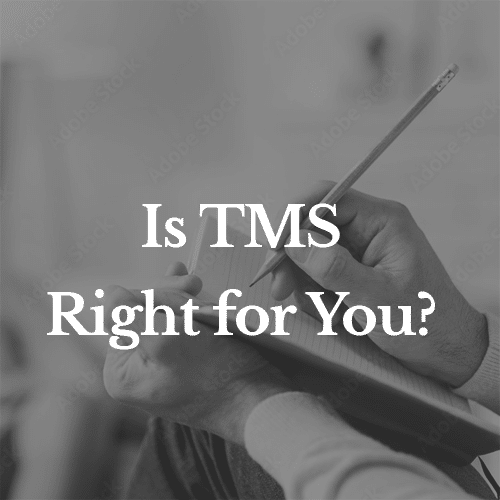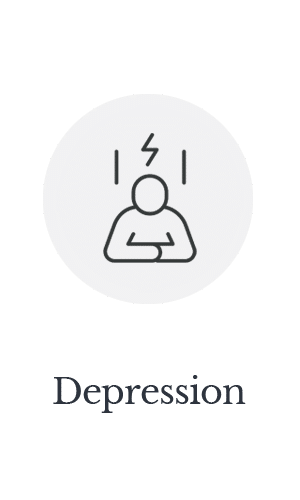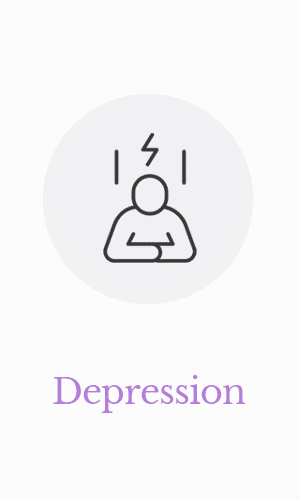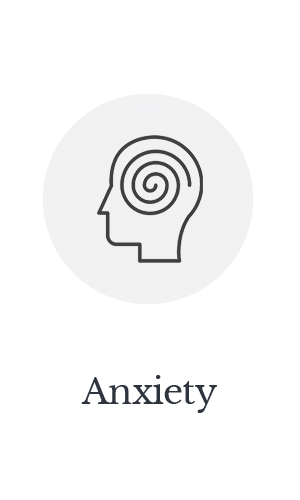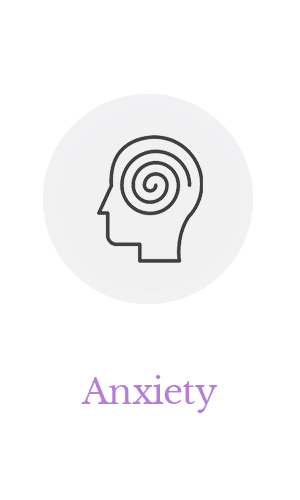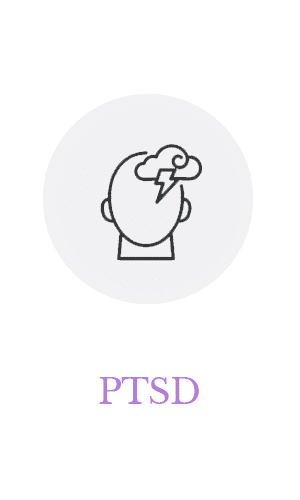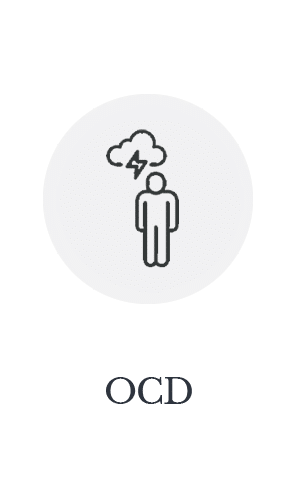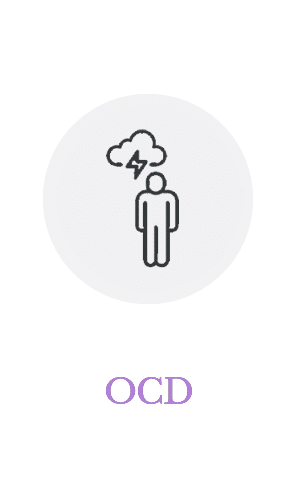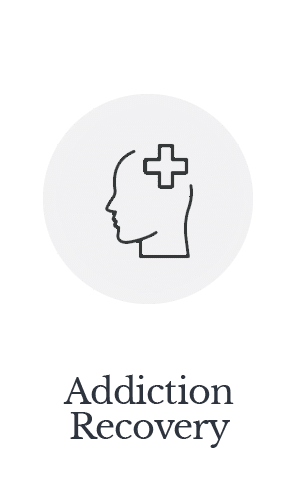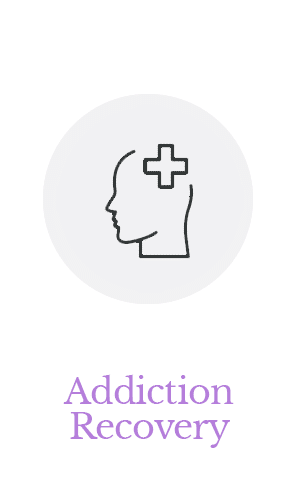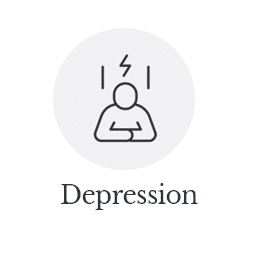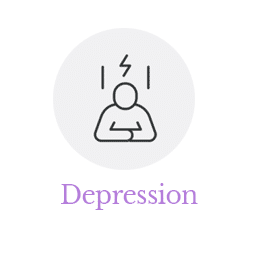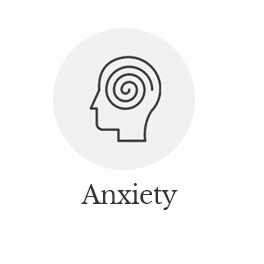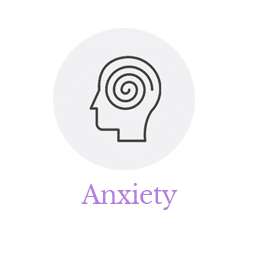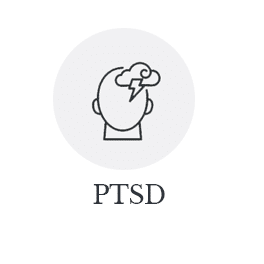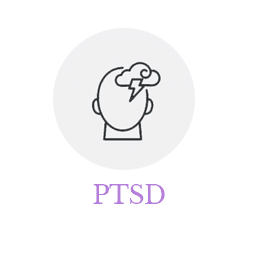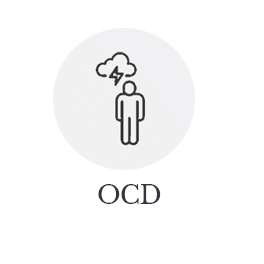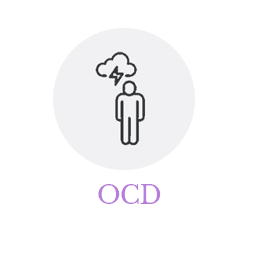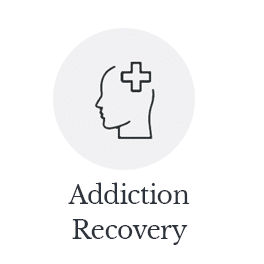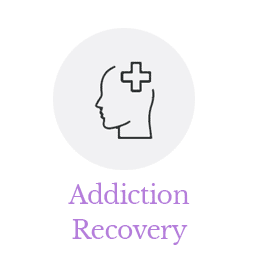Finding an effective depression treatment can be a challenge. The standard protocol is to prescribe an antidepressant medication and evaluate the patient’s response. If that medication does not adequately control the depression, or if the side effects of the medication are too severe, a new prescription is issued for a different antidepressant. This process continues until either a medication is deemed “good enough” or the patient gives up and stops trying.
Sound familiar? If so, you might be dealing with treatment resistant depression.
What is Treatment Resistant Depression?
Treatment-resistant depression is typically diagnosed when a patient has not responded to two different antidepressant medications of an appropriate dose taken for a sufficient length of time. A six-week trial for each medication is considered sufficient. If a patient has not responded well to either attempt, the patient is diagnosed with treatment-resistant depression. (Source)
How common is Treatment Resistant Depression?
Treatment resistant depression is surprisingly common. Approximately one-third of all patients with depression are classified as having treatment-resistant depression. (Source)
Only about one third of patients achieve a successful outcome from the first antidepressant they try, meaning that most patients will need to try a second medication. (Source)
However, each subsequent medication tried is actually less likely to work than the previous medication. About 30 percent of patients will achieve a successful outcome from the second antidepressant tried, with the remaining patients now having met the criteria for treatment-resistant depression.
Is there hope for patients with treatment-resistant depression?
With such bleak statistics on treatment-resistant depression, patients may wonder whether there is any hope at all. The answer: absolutely!
It is important to remember that “treatment resistant” does not mean “no treatment exists”. It means the type of depression is resistant to standard treatment protocols, namely antidepressant medication.
Depression is a complex condition that is still not fully understood. To some extent, depression is caused by low brain levels of neurotransmitters, such as serotonin and norepinephrine. Antidepressants – which work to increase the levels of serotonin and norepinephrine – are highly successful at treating cases of depression where low levels of neurotransmitters are the root cause.
However, research suggests that low levels of neurotransmitters are not the only cause for depression. Antidepressants are not successful at treating these cases because they address the wrong root cause.
“One of the more modern theories is that depression creates inflammation in the brain, or that inflammation in the brain creates depression,” says Dr. Alexander Papp, M.D., a psychiatrist at UC San Diego Health. “Traditional antidepressants only affect neurotransmitters, so this may be why some patients don’t respond to them.” (Source)
Help for Treatment Resistant Depression
Patients often erroneously think that if antidepressants do not work then there is nothing more that can be done. Not true! In fact, there are other treatments available that have a high success rate at treating both depression and treatment-resistant depression.
In Murrieta, California and the Inland Empire area, Inland Empire TMS has seen remarkable results from treating patients with transcranial magnetic stimulation, also known as TMS.
Transcranial Magnetic Stimulation (TMS) for Treating Depression
TMS is one of the most promising psychiatric treatments to emerge in the past few decades. TMS delivers impressive results for all types of depression, but particularly in patients with treatment-resistant depression.
As discussed above, antidepressants are effective in patients whose depression is a result of low levels of neurotransmitters in the brain. But for patients whose depression stems from a different root cause, antidepressants have little to no effect. TMS can treat these patients because it uses a different functional mechanism and thus targets a different root cause.
TMS works by using magnetic pulses to stimulate the brain directly. Using sophisticated medical technology, a TMS technician locates and targets the patient’s dorsolateral prefrontal cortex, the area of the brain responsible for mood. The magnetic pulses produce a stimulus/response in the brain, inducing the brain to generate new activity in regions of the brain that have decreased activity due to depression.
TMS is safe, effective, and well-tolerated by patients, with no systemic side effects, making it a convenient and ideal treatment for patients suffering from treatment-resistant depression.
TMS vs Antidepressants
Many patients prefer TMS over traditional antidepressant treatment. Patients often experience unpleasant side effects from antidepressants or experience medication fatigue after taking them for some time. TMS eliminates both of these concerns.
Help for Depression in Murrieta, California
If you are struggling with depression, treatment-resistant depression, or other mood disorder, Inland Empire TMS is an excellent place to receive the help you need. Patients throughout the Inland Empire area visit Inland Empire TMS to receive a personalized form of TMS that achieves even higher patient results than traditional TMS therapy.
Patients frustrated at lack of results from antidepressants have the opposite experience at Inland Empire TMS. Many patients regard their TMS treatment at Inland Empire as the best decision they ever made regarding their mental health. Contact Inland Empire TMS today for more information. You can even verify your insurance coverage online to ensure your insurance will cover treatment.

